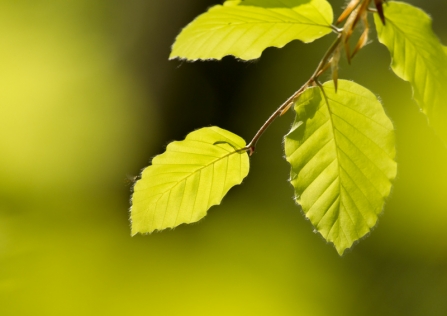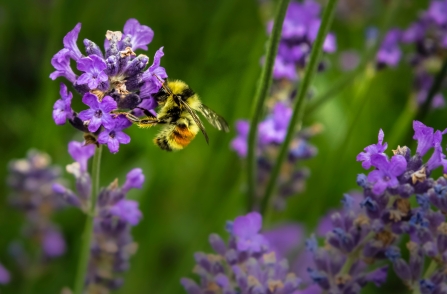As we sat outside earlier this week in a dreamy Devon sunset, watching clouds of tiny insects dance a few feet above the lawn, two things dawned on me. The first was that I had never heard such loud and varied bird song. Garden warbler, song thrush, blackbird, chiff chaff and a host of others were pouring out a chorus that seemed to echo up and down the valley, where the sudden explosion of new life was illuminating streaks of woodland in various shades of emerald. Was it my imagination, or is this the best it’s ever been in my lifetime?
The second was how unequally we are all experiencing this lockdown. For me it’s little more than an inconvenience. I have a nice garden and the open moorland is within cycling or running distance from the house. I can enjoy the quiet of the lanes, the clearer air, the wildflowers taking advantage of the lack of traffic and reclaiming the verges normally ground down by a thousand car tyres. I have become more adventurous, making a rule for myself to explore footpaths and lanes I don’t normally venture down. How different it would be if I had a small flat with no garden in a city with little usable green space. I think of friends in Spain, unable to leave the immediate surroundings of their apartment block for well over a month now, and only allowed outside for a few minutes each day.



